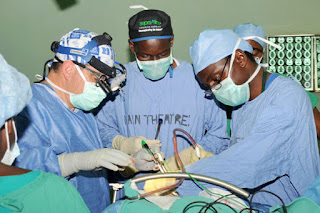We need a standard policy on School Fees
I have in the recent passed encountered scenarios where students and pupils have failed to get back to school simply because the fees is hiked every term with no clear justification but only one reason is always given, the economy is doing bad. Everyone has a right to education and it is unfortunate that the schools that are meant to promote this right are in actual sense violating it by their irregular fees causing many to drop off or not join at all-leaving education only for the rich. For instance, I have known schools that ask for more than UGX 1,500,000 as fees per term and this is without school requirements-which are by and large irregular. Some schools demand for materials like paint, barbed wires, rakes, spades, cement, brooms, 12 rolls of toilet papers, 12 reams of paper per student among others and one wonders whether their children are going to set up hardware and stationery shops or actually study. Secondly, what is the school fees for if students and pupils must all t




